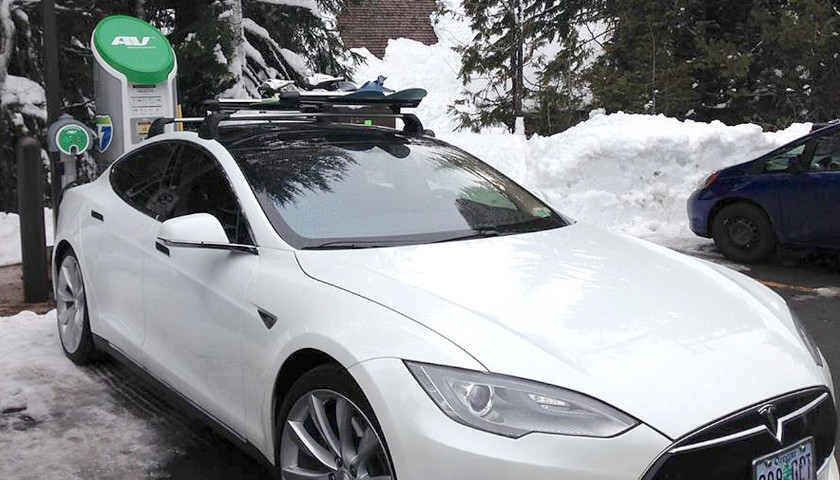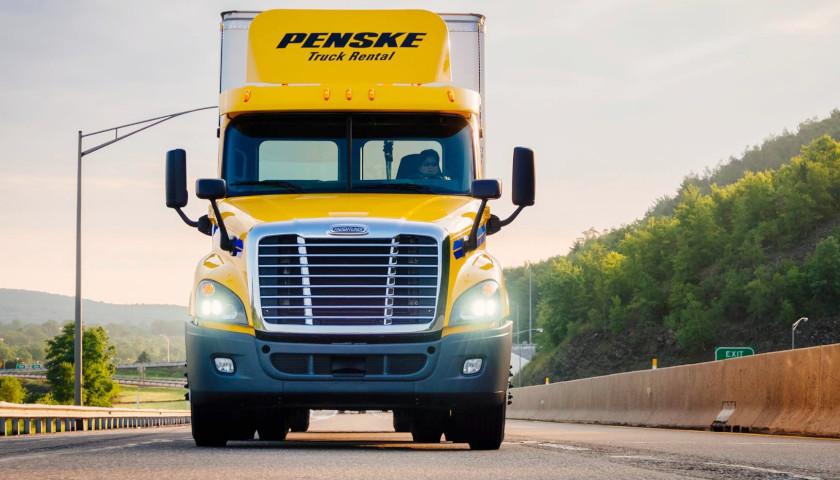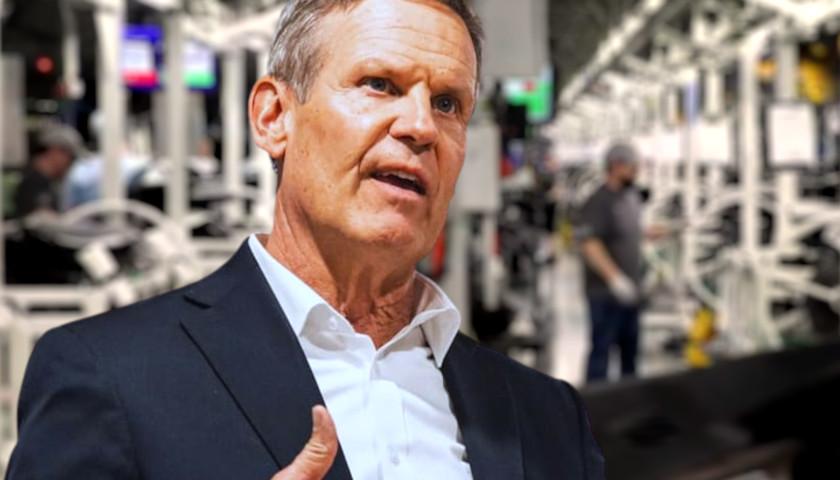Even as Tennessee government officials have a history of trying to prop up the electric car industry, members of the American Automobile Association say cold weather dramatically saps how well electric cars work.
This, according to a new article on Foxbusiness.com
“The data released Thursday found 20-degree weather can temporarily reduce electric car batteries range by more than 40 percent when interior car heaters are used,” according to the network’s website.
Foxbusiness.com quoted AAA Director of Automotive Engineering Greg Bannon saying drivers should understand “there are limitations when operating electric vehicles in more extreme climates.”
“The motor club association tested five electric vehicles, including the 2018 model year BMWi3s, Chevrolet Bolt, Nissan Leaf and 2017 model year Tesla Model S75D and Volkswagen e-Golf.”
“The tests also found that in addition to temperature drops during a cold snap, high temperatures can also cut into the battery range. At 95 degrees, electric car ranges fell by 17 percent when the cabin’s air conditioning was used and by 4 percent when it was not used.”
As The Tennessee Star reported this month, Tennessee officials reportedly made concessions to Volkswagen to get the company to construct a new electric vehicle plant in Chattanooga,
State residents may not yet see a list of those concessions, which are apparently financial.
For that, they will have to wait until new Republican Gov. Bill Lee presents his first proposed state budget in March.
As The Tennessee Star reported, last fall, Tennessee has already given Volkswagen $818.8 million in corporate subsidies going back several years.
Those numbers came from Good Jobs First, a Washington, D.C.-based policy resource center that monitors corporate subsidies nationwide.
The group runs a national database of state, local and federal economic development incentive awards.
As for the Chattanooga Volkswagen plant, Tennessee officials have bestowed generous benefits upon it dating back years.
Tennessee Watchdog reported six years ago that state officials offered the company $2 million in taxpayer money to use for marketing and public relations. Volkswagen officials took $266,000 of that money and painted a sign on its roof that simply said “Volkswagen Chattanooga.”
The idea was to market Volkswagen to two groups of people – airplane passengers looking out their windows as they fly over Chattanooga and people who go online to look at Google Earth.
State officials gave $577 million to Volkswagen for an assembly plant in Chattanooga in 2008. Good Jobs First said it was “the largest subsidy package ever offered to a foreign automaker in the United States.”
Also, as reported, taxpayers have paid millions of dollars to help electric vehicle manufacturers not only get their products out on the road but also furnish electric car charging stations all over Nashville.
Prior reporting shows few people around Nashville appear to use these charging stations.
Yet officials with the Tennessee Valley Authority and the Nashville Electric Service expect more and more Nashville drivers will soon take up the habit of driving electric cars.
In 2013, Tennessee Watchdog, for several hours, monitored some of Nashville’s nearly 600 electric charging stations at three destinations — the Loveless Café, the Brentwood Public Library, and the Nashville Airport Marriott.
Not a single person showed up to use any one of them.
The private firm ECO-tality paid half of the $230-million costs to deploy those electric chargers in 21 cities throughout nine states, including Tennessee. Federal taxpayers paid the balance.
Also, the federal Department of Energy gave a $1.4 billion loan to Nissan several years ago to retool their already existing plant in Smyrna for Leaf production.
In 2010, as reported, state and federal officials announced generous tax breaks — up to almost $10,000 — for state residents who bought the Tennessee-made Leaf, meaning many customers would have to pay only $26,000 of the vehicle’s $36,000 cost.
The rebates were available only for the Nissan Leaf and not its competitor, the Chevy Volt, because of Nissan officials’ involvement with ECO-tality.
Meanwhile, as reported in 2015, Tennessee officials spent $181,250 to put up three charging stations for electric cars at the Nashville International Airport. In five weeks, only 29 cars charged up, for a flat fee of $2 each.
– – –
Chris Butler is an investigative journalist at The Tennessee Star. Follow Chris on Facebook. Email tips to [email protected].
Photo “Tesla in Snow” by Oregon Department of Transportation. CC BY 2.0.









Coal powered cars. What will they think of next.
There is a Charging Station at the Publix garage where I shop frequently. I have NEVER seen a car parked there and charging in 5 yrs–not once. Electric cars are a joke and very few people (usually the “Im better than you” crowd want them). They arent practical at all!